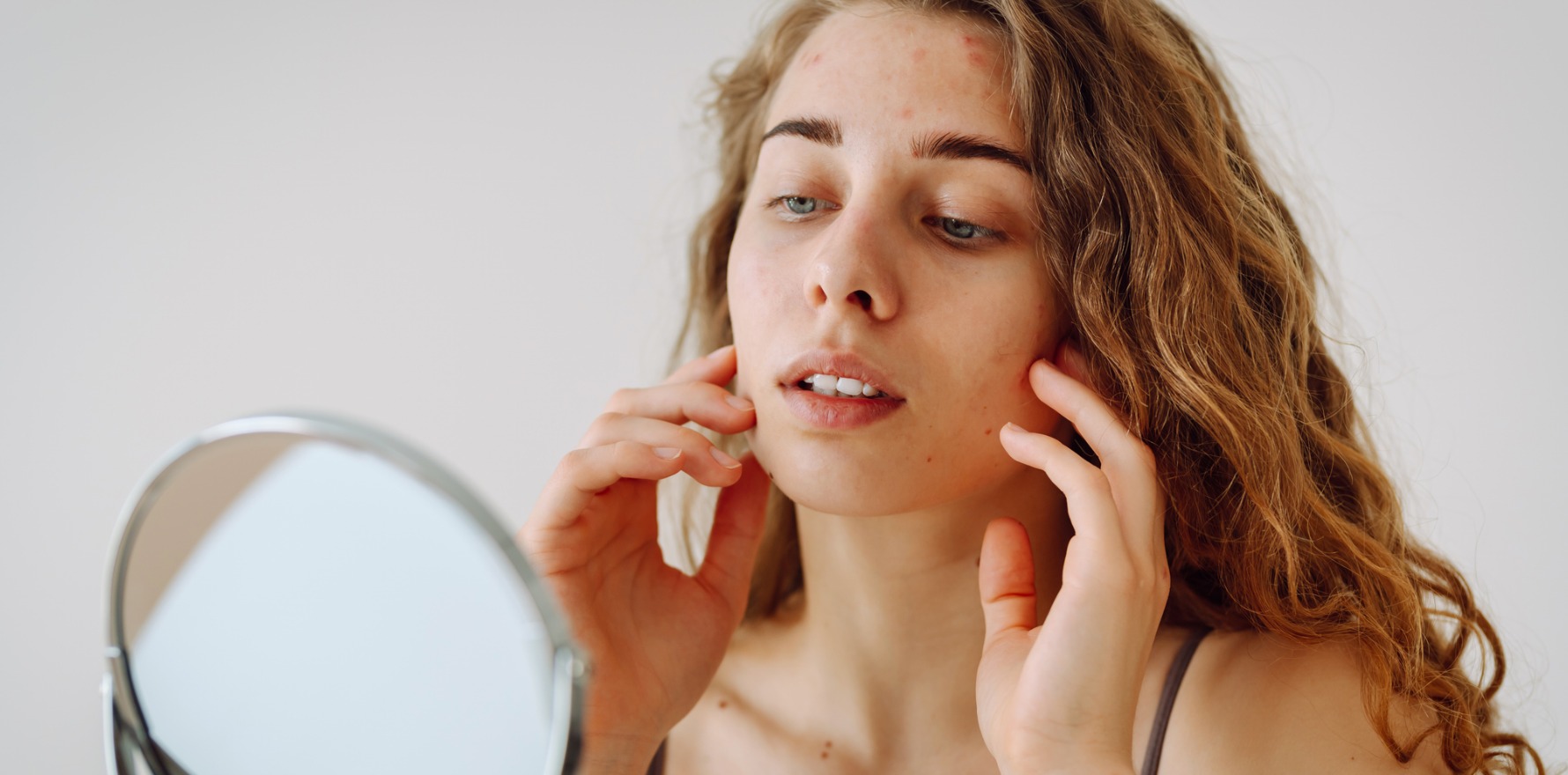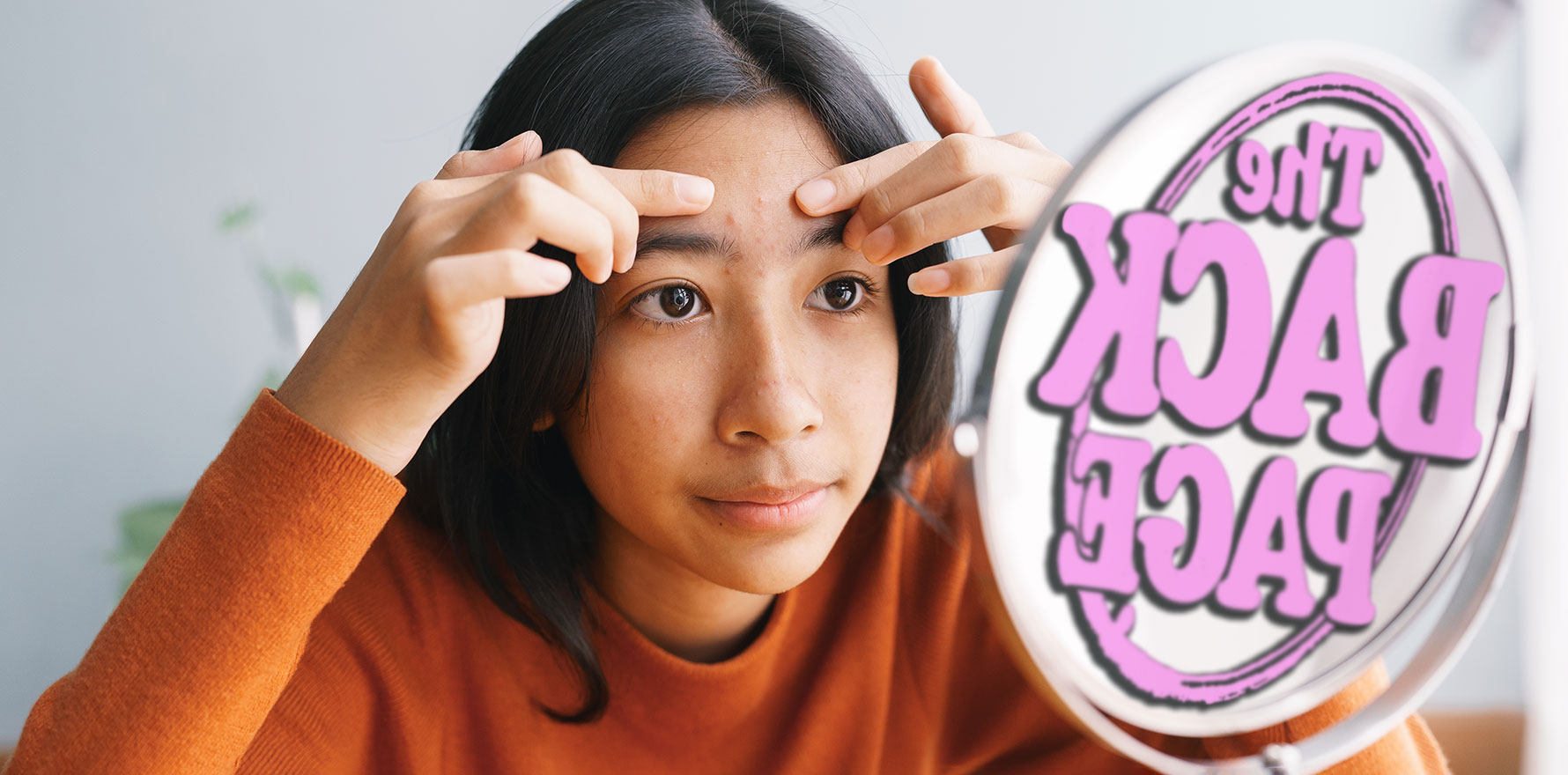
All patients should undergo a psychiatric assessment before starting isotretinoin.
The TGA has reinforced warnings about the risk of psychiatric side effects with oral isotretinoin and reminded clinicians to conduct a mental health assessment on every patient before prescribing.
In advice published earlier this month, the regulator also warns about the potential sexual health side effects of the acne drug.
Isotretinoin (Roaccutane) is indicated for severe cystic acne that is unresponsive to other therapies such as antibiotics, and is strongly contraindicated in pregnancy for its teratogenic effects.
It has also long been linked with psychiatric side effects including depression, anxiety and suicidal ideation – which are also associated with having severe acne – and has carried an FDA black box warning since 2005 for suicide, depression, aggression and psychosis.
The TGA says health professionals should be on the alert for psychiatric and sexual disorders in patients on isotretinoin, especially in adolescents.
Clinicians should “assess patients’ mental health and their family history of mental health conditions before starting isotretinoin”. They should “stop treatment immediately if mood-related changes occur and seek specialist advice if symptoms continue after stopping treatment”.
The updated product information contains the following warnings:
- Psychiatric disorders: Depression, psychotic symptoms, and, rarely, suicide, suicidal ideation and attempts have been reported with Roaccutane. All patients should have an assessment of their mental health, and of family history of mental health conditions, before starting treatment with Roaccutane. Particular care needs to be taken in patients with a history of depression and all patients should be monitored for signs of depression. If symptoms of depression develop or worsen, the drug should be discontinued promptly and the patient referred for appropriate psychiatric treatment. Although no mechanism of action for these events has been established, discontinuation of Roaccutane may not alleviate symptoms and therefore further psychiatric or psychological evaluation may be necessary.
- Sexual disorders: Erectile dysfunction, decreased libido, vulvovaginal dryness, anhedonia and gynaecomastia have been reported with Roaccutane. Patients should be asked about signs or symptoms of sexual dysfunction prior to starting therapy, and monitored for development of new sexual disorders during treatment. Although no mechanism of action for these events has been established, discontinuation of Roaccutane may not alleviate symptoms and therefore further specialist evaluation may be necessary.
- Reproductive system and breast disorders: Sexual dysfunction including erectile dysfunction, and decreased libido, vulvovaginal dryness, anhedonia and gynaecomastia. A causal association with these adverse effects has not been established.
Depressive symptoms are listed under serious side effects in the consumer medicine information, which should be provided to patients.
Patients and carers are advised to look out for
- depression
- change in behaviours including aggression and restlessness
- suicidal thoughts and actions
- sexual dysfunction, including erectile dysfunction
- decreased sex drive
- vulvovaginal dryness
- feeling numb or indifferent
- enlarged breasts in males
The TGA last investigated the link between isotretinoin and adverse mental health effects in 2016.
Its latest review was prompted by reports from the UK in 2023 and Canada last year about psychiatric and sexual side effects.
The TGA’s Database of Adverse Event Notification has 117 reports of psychiatric adverse events and 24 reports of sexual dysfunction while taking isotretinoin.




